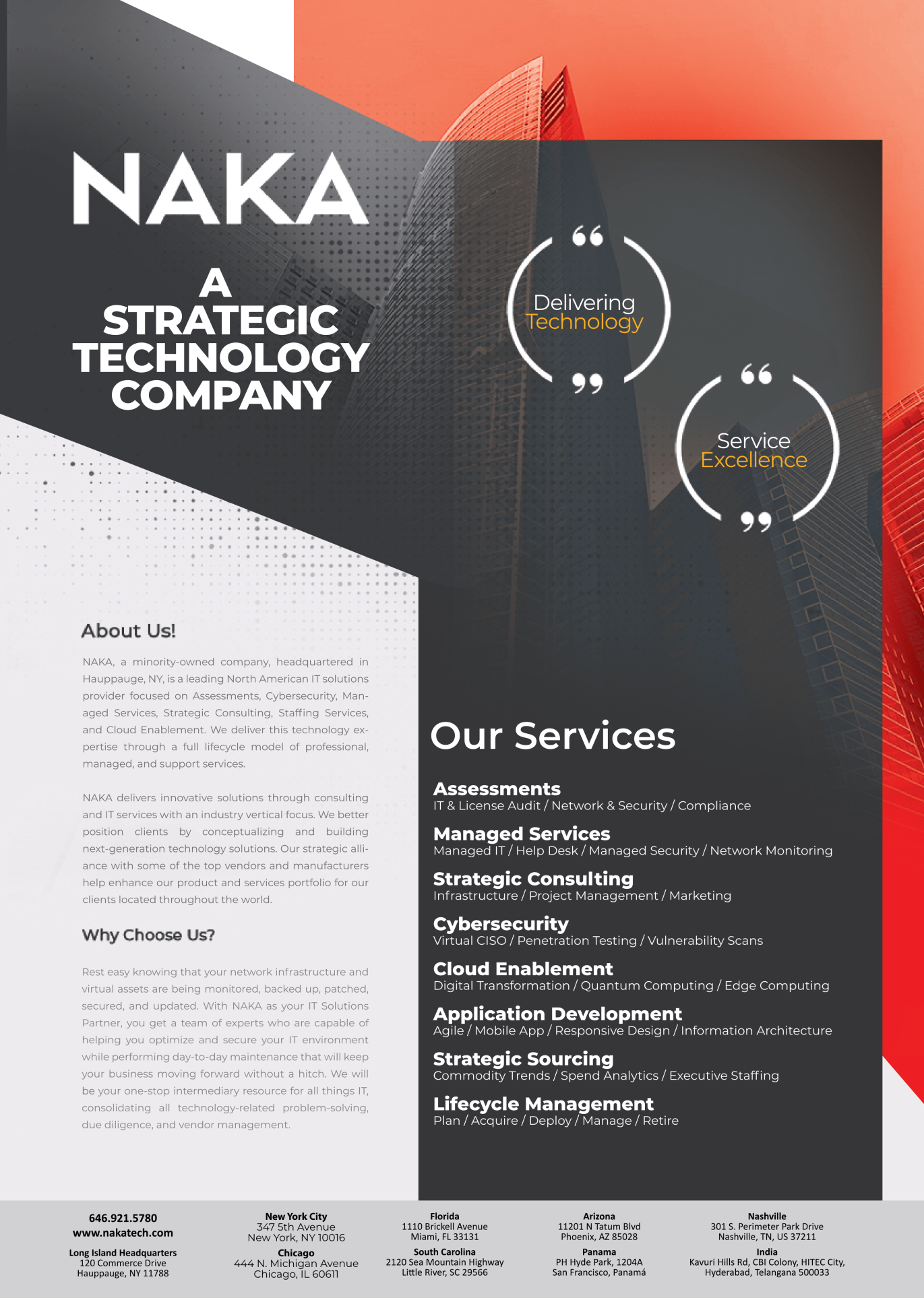Digital Operations: The Evolution Of Service Management

Digital Operations: The Evolution Of Service Management
What Are Digital Operations and Service Management?
Digital operations are the concept of infusing business processes with automation, intelligence, and agility to create operational models that captivate customers and refine & enhance performance.
Digital Operation is a relatively new concept. With the appearance of new functions and technologies, new job functions came into play, such as A/B testing, emerging tech, mobile applications, personalization, and platform.
A digital operations team became a necessity within large enterprises. Their job mainly is to address the gaps between the prior operation functions and the areas demanding more technical skill sets in the years.
Digital Operations is not just a concept but a process that is followed by and is the center of digital transformation. It is about the orchestration of resources and incorporation of mechanisms for identifying and responding, and at the same time, potentially supporting optimization and dynamic learning. Digital operations enable the organizations to deliver value through a digital platform, using technology, in real-time.
The organization leaders are constantly working on increasing agility, responding to customers’ needs, learning and adopting innovative methods to enhance the journey of digital transformation.
Tasks carried on by Digital Operations are listed below:
- Customer Application Development Management (issue resolution, voice/chat, and CX support)
- Managed Network and connectivity services
- Cloud Deployment, Migration, Monitoring, and Reporting
- Workplace Management Services
- Managed Data Center Services
- Data, analytics, and tag management
- Agile, process, and program management
- Digital user acceptance testing (UAT & QA)
- Data content and asset management
Service Management is a customer-centric proposition to delivering information technology, emphasizing improving reducing cost, effectiveness, and efficiency. Service Management works on providing value to the customer and customer relationship. It also provides a framework to structure IT-related tasks and the cooperation of IT technical personnel with customers and clients. It allows customers to avail themselves services without stressing upon IT infrastructure or technology.
How Do Digital Operations Relate to Service Management?
In today’s era, when businesses are going digital, understanding the importance of end-to-end customer experience, and improving it, service management practices must be used to extend and include client engagement and back–end business processes. Digital Operations assist this modernization service management throughout customer experience in all layers of services.
The goal can be accomplished by digitizing the operations of the enterprises (especially the legacy enterprises). It revolves around being agile, automated, and cost-effective, creating a customer base who spends more and is more loyal to the brand.
Customers in this process need to be prioritized while each operation revolves around them and influences them, such as what tools to include, improving on all ends and becoming customer-friendly, engaging with the client, and encouraging client feedback.
Businesses’ efficiency to capture, augment, and analyze data across layers of services from infrastructure via a business function in real-time encourages process change and uninterrupted service advancement for the end customer.
Digital Operations Solution can provide all these services, making it a critical requirement for the evolvement of Service Management, resulting in a new phase of service management – Digital Service Management (DSM).
Features of Digital Operations in Service Management
- Digital operations will provide ‘predictability’ instead of reactivity to service management with the help of AI, machine learning, and cognitive computing.
- Reliable and fast-paced network services will help in significant cost reduction, resulting in effective management and building a scalable modern business.
- A resilient data center will help the business evolve and adapt to the environment necessary for the business strategy.
- Automation and IoT will make service management more technology initiated. Problem detection will become easier.
- Customer interaction will be taken care of, mostly by chatbots and virtual agents. In this way, complex problems involving technical debt, problem-solving, and innovation-related problems will become easier.
- The customers will support the direct support model. With the use of AI, Robotics, cognitive computing, detecting most-occurring issues will become much easier, and allocating human support for specific tech-driven issues will take less time than IT Service Management.
Requirement of Digital Operations Solution
The key requirements of Digital Operation Solution are as follows:
- Right size SM- Service Management needs to be the right size for the organization to tackle issues for service management capabilities.
- Real-Time Data- Digital Operation works on real-time data, using an analytic pipeline across service layers with machine learning, AI, and analytics model, which is always improving.
- Fewer Complex tools- As the analytics model and business rules improve and evolve, organizations need an open core architecture with no codes to modify the models quickly and with much less or no complexity.
- Using Data-driven Models- Service anomalies and opportunities are determined mainly by using data-driven measures and correlation models. These models use the best data from all potential sources at all times.
- Intelligent Automated Actions- These can be set off directly, machine-to-machine, supervised form, or to other systems of record as context fed.
The Future of Service Management
As we have seen in the past, many changes have revolutionized the service management sector, and we will witness the same in upcoming years, without a doubt. Service Management, as Kenfield says, is a discipline and a change that takes place throughout the organization.
The practices adopted by the companies need to be designed in a way such that they are long-term and are truly enabled. The implementation of a framework should not just focus on the problems and issues arising today, but in years to come, according to the goals and aspirations of the organization. Areas such as Finance, Legal, HR, etc, are being transformed and met with digital transformation efforts.
To stand out in their areas of expertise, organizations are looking to drive better and produce excellent business results in different areas where SM can be experimented, analyzed, processed, and measured.



